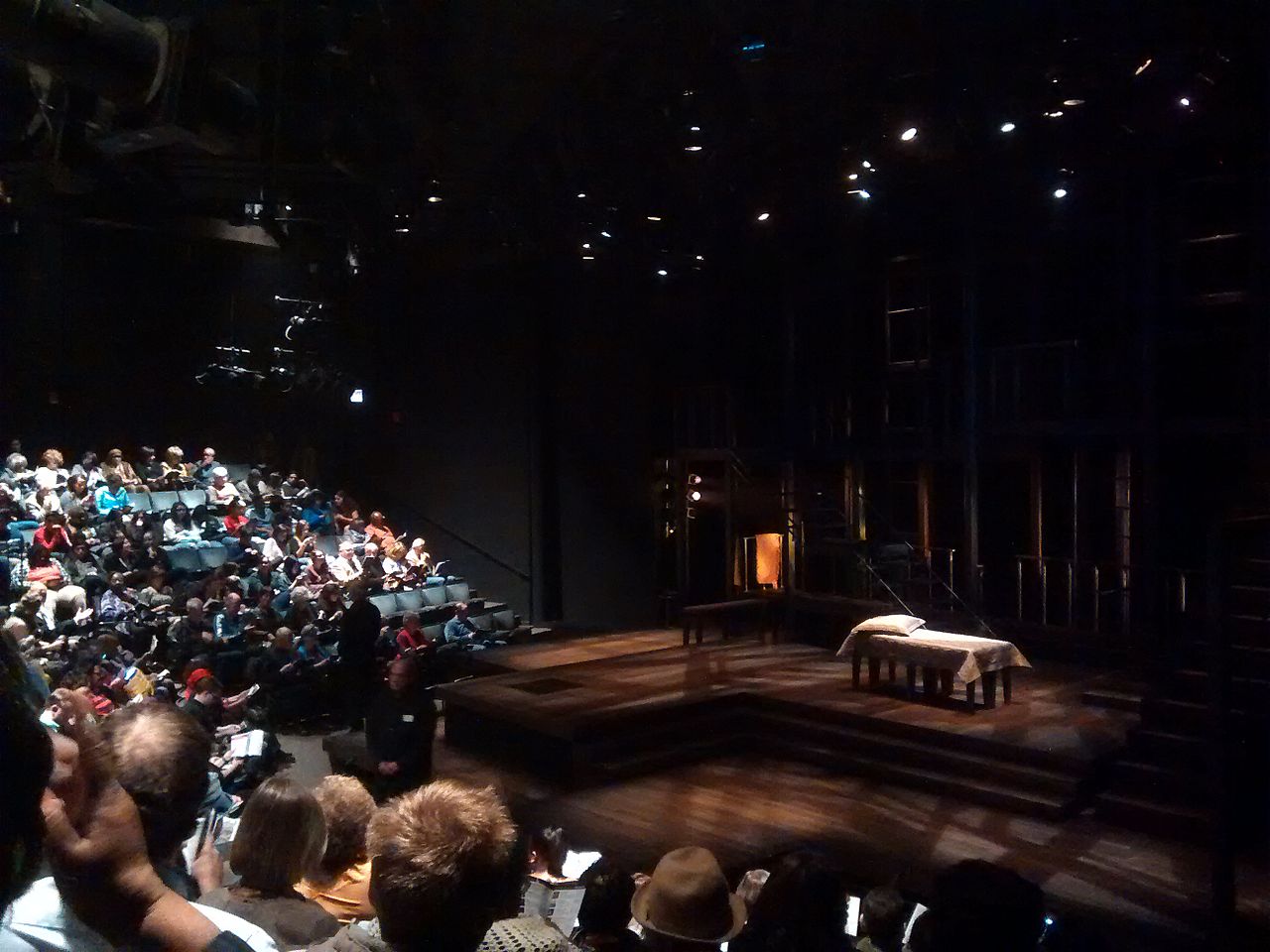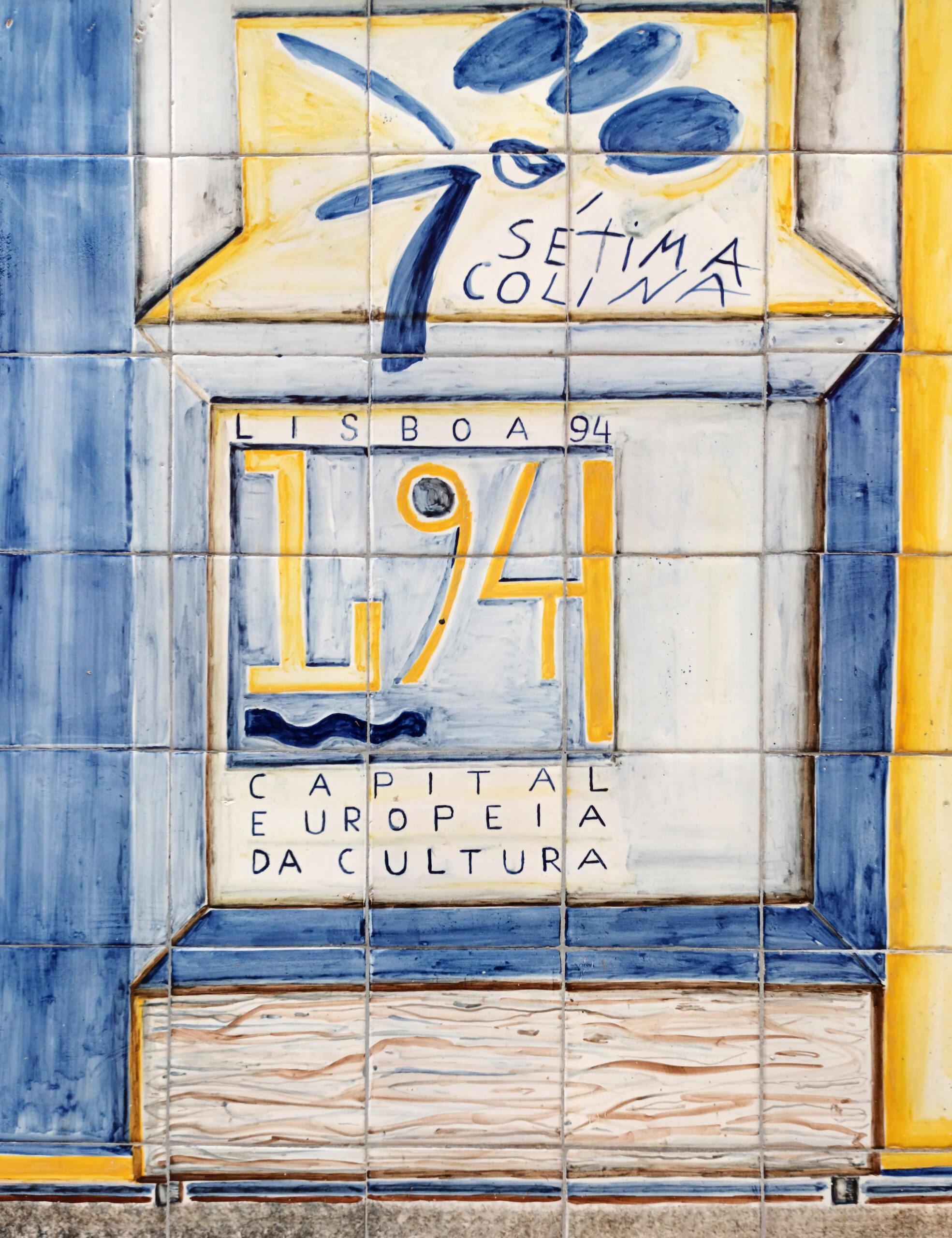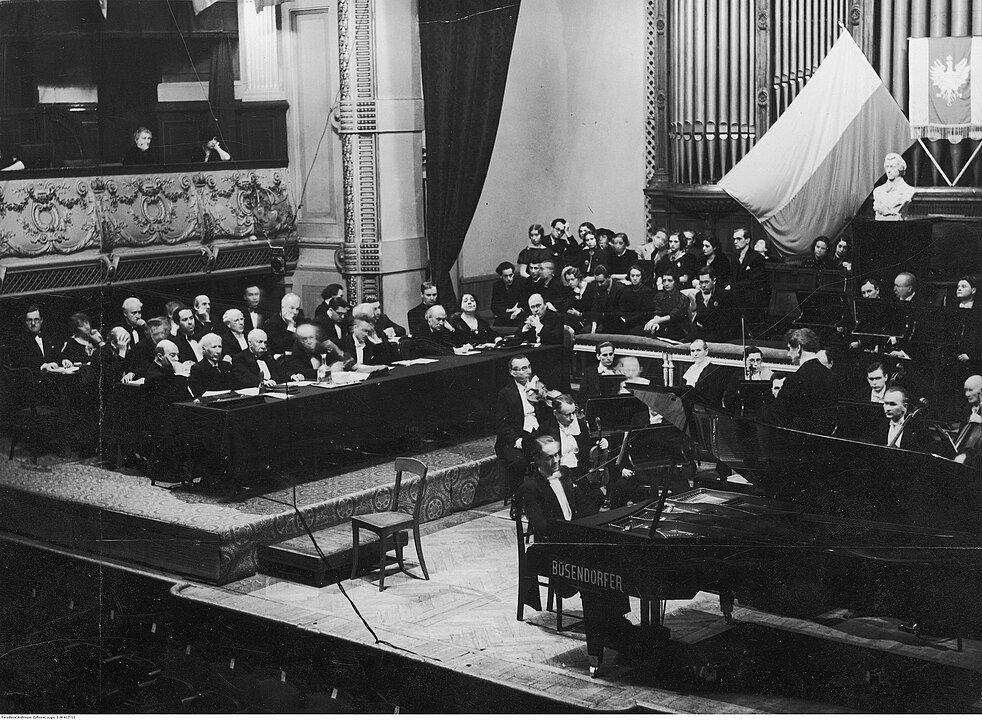Hate has a devastating impact on victims and society. Targets experience vulnerability and anxiety, with consequences also on their social and working life. Also, hate harm people belonging to the same group of the victims, as the sense of fear spills over to the entire group. Overall, hate undermines social cohesion, dampens cooperation, solidarity and trust. We find cultural participation has a casual effect to hate reduction.
Hate proliferation has stimulated institutional commitment, which is articulated in deterrence, victim support and the analysis of risk and protective factors related to the emergence of hate. Growing interest is devoted to the socioeconomic context in which haters operate. Recent data show that unemployment, inequality and climatic conditions are relevant risk factors.
Participation in cultural activities can play an important role in countering hate, since hate has a cultural root, which is based on the cultural prejudices and stereotypes of a community. Recent studies in behavioural sciences show that exposure to new cultural stimuli modifies existing prejudices and stereotypes and helps overcoming them. These data support the theory of ‘indirect contact’, which speculates that participation in cultural activities fosters the development of new perspectives because the viewers identify with the characters and themes proposed and this makes them step outside the perimeter of social norms to which they are accustomed.
In a recent study published in the Journal of Cultural Economics, together with Alessandro Crociata and Alessandra Faggian I investigated whether the reduction in hatred produced by participation in cultural activities is also found by moving away from an experimental setting, which considers a small number of people, and extending the analysis to an entire country.
The analysis
The link between cultural consumption and hated in Italy is relevant for two reasons. The first concerns hate, which has been growing alarmingly in Italy for several years. The second concerns the increasing number of Italians who do not participate in any cultural activity.
Our analysis quantifies the relationship between the incidence of hate and participation in cultural activities using a new database, which contains the incidence of hate and cultural consumption per inhabitant georeferenced on Italian provinces between 2009 and 2018. Data on hate come from the Lunaria database, that is used by international institutions, such as the OSCE and the European Commission, which often refer to it when monitoring hate in Italy. For participation in cultural activities, we used provincial data from the SIAE’s Osservatorio dello Spettacolo, which measures audiences at public and private cultural events. These data measure attendance at concerts, cinema, theatre, opera, musical comedies, dance, exhibitions, travelling show attractions, both free and paid. In some territories, cultural initiatives see a higher participation of tourists than of residents, who are the focus of our analysis. It was therefore necessary to calibrate the SIAE Observatory data for the tourist attractiveness of the respective province. This step serves to purify the cultural consumption measured by the SIAE Observatory from the contribution of tourists.
As preliminary step, we find that provinces with higher participation in cultural activities have lower incidence of hate. This is also confirmed when we also checked for the possible effect of other contextual factors that might play a role, such as level of human capital, social capital, foreign population, crime, refugees, unemployment.
This preliminary evidence supported us in the search for a measure of causal relationship. To get a measure of this second aspect, we have used an estimation model with an instrumental variable, which estimates the statistical influence of participation in cultural activities on the incidence of hate, reducing the possibility that the observed result is due to alternative explanations.
Our instrumental variable is constructed using historical participation in cultural activities in Italian provinces. Starting from provincial data on participation in cultural activities in 1955, we constructed a synthetic indicator of participation in cultural activities. This indicator, of the Bartik type, annually raises the provincial participation in cultural activities in 1955 with the national growth rate. In this way we can isolate certain elements that might otherwise influence our results, such as the movement of people in the area, and the so-called reverse causality, whereby it is the incidence of hatred that influences participation in cultural activities.
This latter estimate confirms a causal effect of increased participation in cultural activities on hate reduction. Importantly, during the period considered, a significant proportion of cultural activities in Italy dealt with issues of inclusion and tolerance, producing cultural content that favours overcoming prejudice according to the theory of ‘indirect contact’. These results underline the importance of fostering access to culture in territories in order to foster more inclusive communities and add further value to cultural policies as a tool to counter hate.
About this article:
Denti, D., Crociata, A. & Faggian, A. Knocking on Hell’s door: dismantling hate with cultural consumption. J Cult Econ (2022). https://doi-org.eur.idm.oclc.org/10.1007/s10824-022-09461-8
About the authors:
Daria Denti is Assistant professor Department of Social Sciences-GSSI, L’Aquila (It) & Visiting Fellow Department of Geography & the Environment-London School of Economics, London (UK)
About the image: wall art is “Stop Hate”-Liliana Segre by TvBoy






